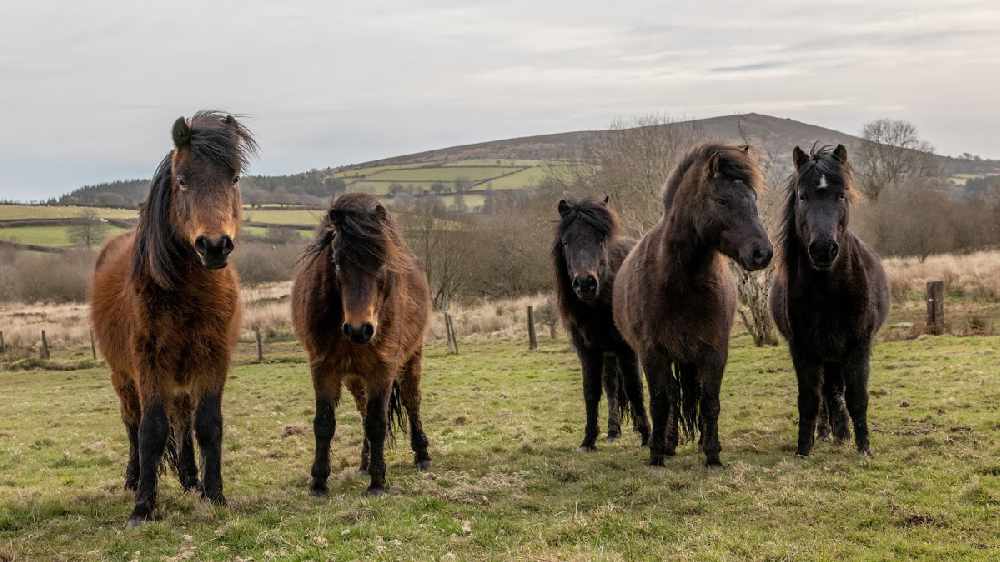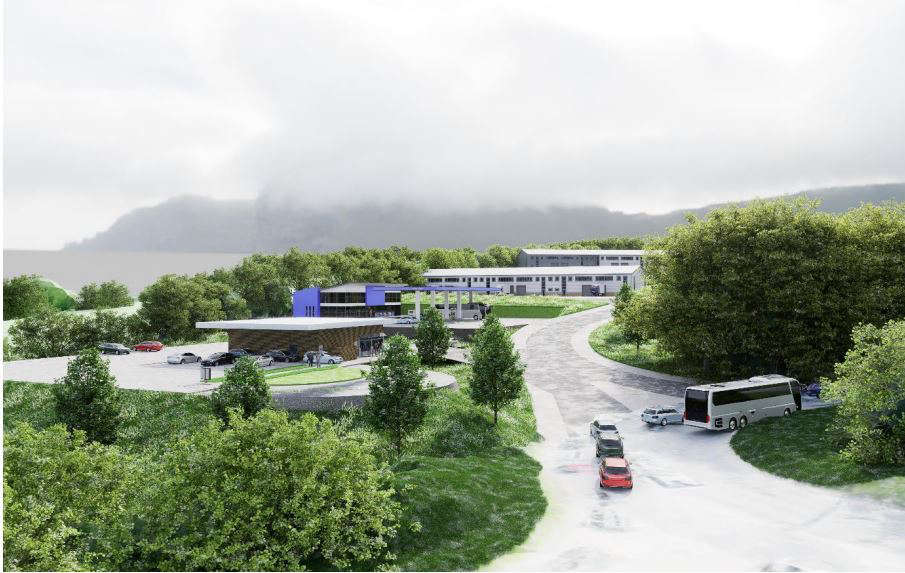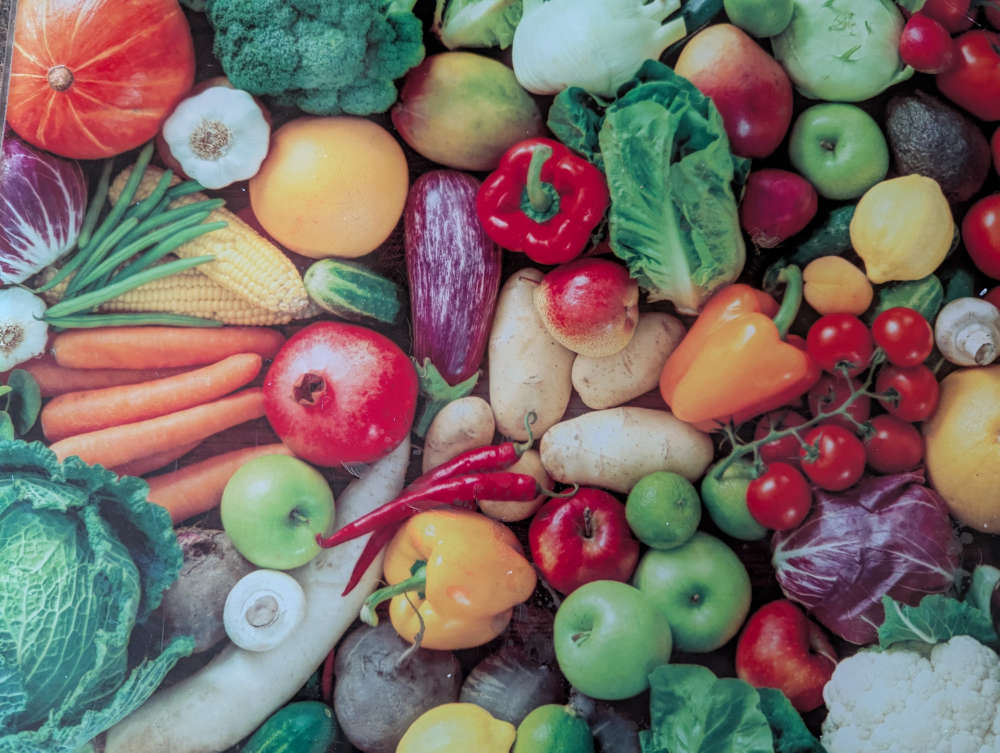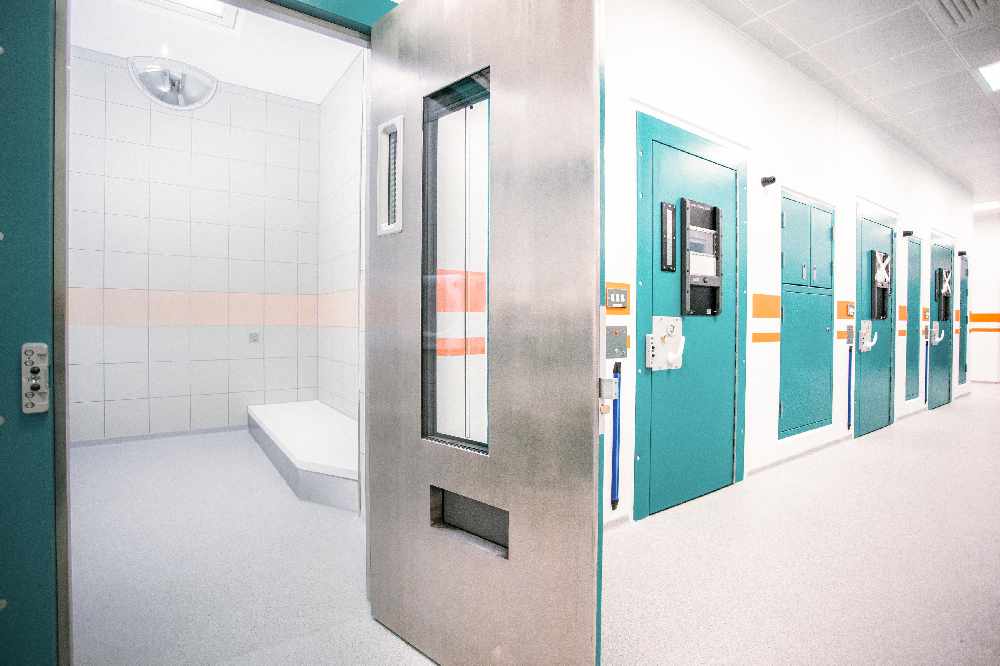
Their job is to eat and poo!
Six Dartmoor ponies are migrating up-country to help out on an important nature reserve for a few months.
Dartmoor Pony Heritage Trust has arranged for the ponies to be relocated to the RSPB's headquarters, The Lodge, in Bedfordshire. Their job is to eat grass and poo.
The ponies' natural grazing habits should help restore the area there. That's because Dartmoor ponies are prized for their hardiness, even temperament, and ability to eat plants that other ponies and horses might balk at. Their habits of browsing vegetation and trampling it as they go helps prevent plant life taking over heathland and create habitats for invertebrates to make it an attractive home for bugs and birds.
Dartmoor ponies tend to poo in the same area, creating ‘latrines’ which attract a whole host of invertebrates and insects to nest and lay their eggs in. These are, in turn, food for reptiles and birds.
Dru Butterfield, co-founder of the Dartmoor Pony Heritage Trust , said: “We are thrilled to have a selection of pedigree and unregistered Dartmoor ponies being used for conservation grazing. They are being used for a very important piece of habitat management. Visitors will be able to see these beautiful ponies doing what they do best, creating fantastic habitats for wildlife, as they do all over Dartmoor. I can think of no better way to celebrate our work in securing the long term future of the Dartmoor pony than sending ponies to the heart of the RSPB.”
The ponies, named Kevin, Podkin,Pook Barramoor Tom, Black Magic and Wistman’s Winter Jasmine, were supplied by Dartmoor farmer Paul Pearse and his wife Vicky. He said: “It’s great to be teaming up with the RSPB for conservation grazing as it provides our ponies with a viable purpose. We’re members of the Dartmoor Pony Heritage Trust Recognised Pony Keepers Scheme, which gives us access to help for selling our ponies, and also finding conservation grazing sites.
“To help secure the future of the Dartmoor pony it’s essential that we find them a use. We know they make superb riding and driving ponies but, as farmers, to see them in their natural habitat always pleases me most. As selective grazers they make a huge impact on heathland restoration sites. We’re looking forward to a long relationship with area warden Alan Kell and his team at The Lodge. “
This is not the first time that the RSPB has called on Dartmoor ponies for their services – in RSPB’s Labrador Bay in Devon, they’ve helped the red-listed cirl bunting bird jump from three pairs to 30.
Alan Kell, warden at The Lodge, said: “We are so excited to be welcoming Dartmoor ponies to The Lodge. Before their arrival we used mowers and diggers to mimic what ponies do naturally, so asking the Dartmoor Pony Heritage Trust for help in recruiting some new team members made a lot of sense. They’re settling in nicely, and I can’t wait to see how they reinvigorate the reserve.
“We’d like to say a big thank-you to the Dartmoor Pony Heritage Trust for all their work in making this happen, especially after the coronavirus pandemic meant the planning has now spanned two years!”
The Dartmoor Pony is on the Rare Breeds Survival Trust’s endangered list. Its Chief Executive Officer Christopher Price said: “It’s great to see the RSPB continuing to support one of our most endangered native pony breeds in this way.
“The Dartmoor Pony has been part of our history since at least the middle ages, originally working in the tin mines and then, before mechanisation took over, in farming. So we need to conserve it, for all the same reasons we conserve other animals. Thankfully the Dartmoor still has an important role to play. Being small and hardy, it is great breed for grazing poor quality forage and so I hope other landowners will be similarly inspired to consider using endangered breeds.
The ponies will stay at The Lodge for the next three to four months before heading back to Dartmoor in the autumn.
 New service station could be built near Barnstaple
New service station could be built near Barnstaple
 Devoncast- Murder in Sidmouth with Jeremy Vine, crumbling cliffs and fake tweets for the birds
Devoncast- Murder in Sidmouth with Jeremy Vine, crumbling cliffs and fake tweets for the birds
 Concern as under half of Devon residents eat their 5-a-day
Concern as under half of Devon residents eat their 5-a-day
 Dawlish cliffs could collapse at any time
Dawlish cliffs could collapse at any time
 Two murders in Cornwall
Two murders in Cornwall
